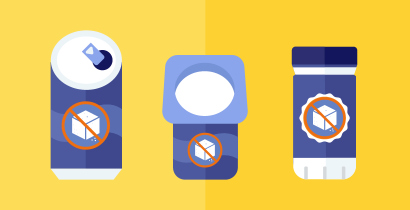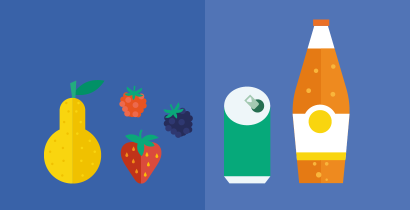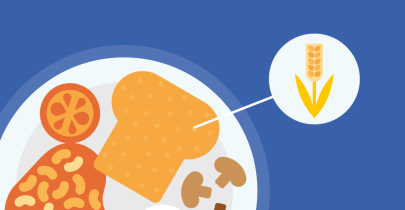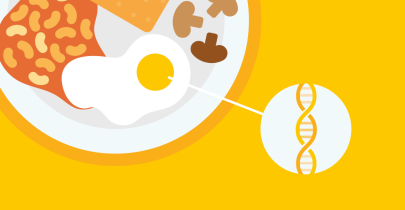Sugars

Sugars are common components of our diets, found naturally in fruits, vegetables, milk and honey. They are added to a wide range of foods and drinks, such as fruit juices, jams and marmalades, breakfast bars and cereals, sauces, soft drinks, desserts, and other sweet treats.
In addition to providing sweetness, sugars are a major source of energy. Their overconsumption has been linked with obesity and dental caries, so they are best enjoyed in moderation.
Aspartame (Q&A): What is it and what foods contain this additive?
31 July 2024Available for over 30 years, aspartame is approved for use in more than 100 countries around the world. Aspartame is a very thoroughly tested food additive with a comprehensive body...
Daily sugar intake: How many grams of sugar per day?
27 November 2023Sugars are found everywhere, and we can easily eat too much of them. Learn how many grams of sugar per day you can eat and what this amount looks like.
Sugars: Addressing Common Questions
27 November 2023Sugar is the most basic source of energy for our bodies but its role in our health has been questioned. Here we dispel the main concerns on sugar consumption.
What is Fructose and Is It Bad for You?
14 January 2020Fructose has recently undergone a lot of scrutiny regarding its impact on health. In this article we look at what fructose is and what happens to it in the body.
What is Glucose-Fructose Syrup? (Q&A)
05 April 2018Glucose-fructose syrup is a sweetening ingredient widely used in a variety of food products. Is it good or bad for our health?
Replacing sugars: Rationale, benefits and challenges
28 April 2014Food and beverage companies are reformulating foods, i.e. changing the composition of processed foods, including the reduction of sugars. However food reformulation is no simple task...
Glucose and The Brain: Improving Mental Performance
30 April 2013Glucose is a type of sugar which the brain depends on for fuel. Studies show that dips in glucose availability can have a negative impact on attention, memory and learning...
What is The Role of Sugar in the Food Industry?
06 March 2013The word “sugar” brings to mind the white crystals that make our lives sweeter. However, sugars are not only used as sweeteners but have important technological functions in foods...







